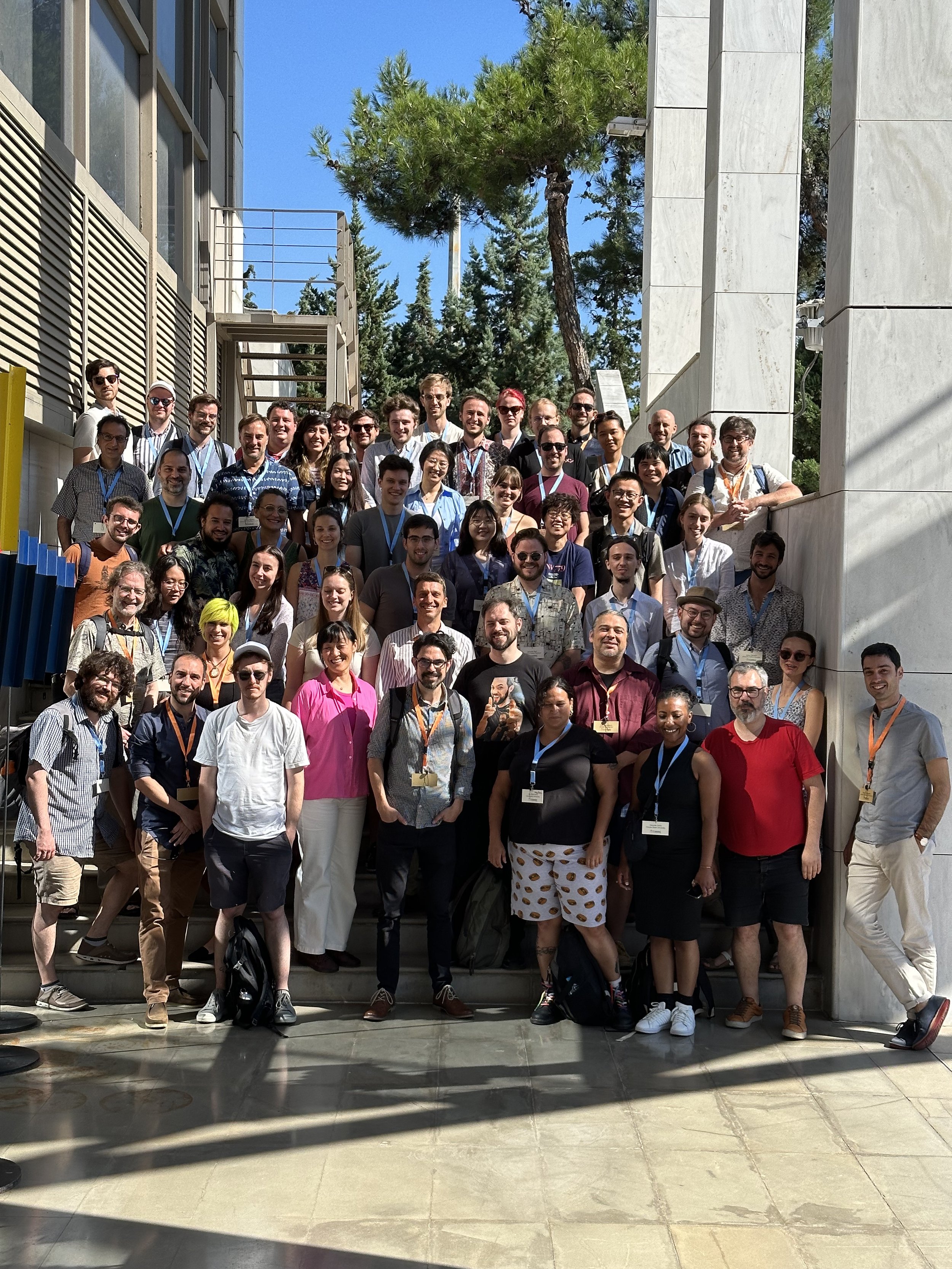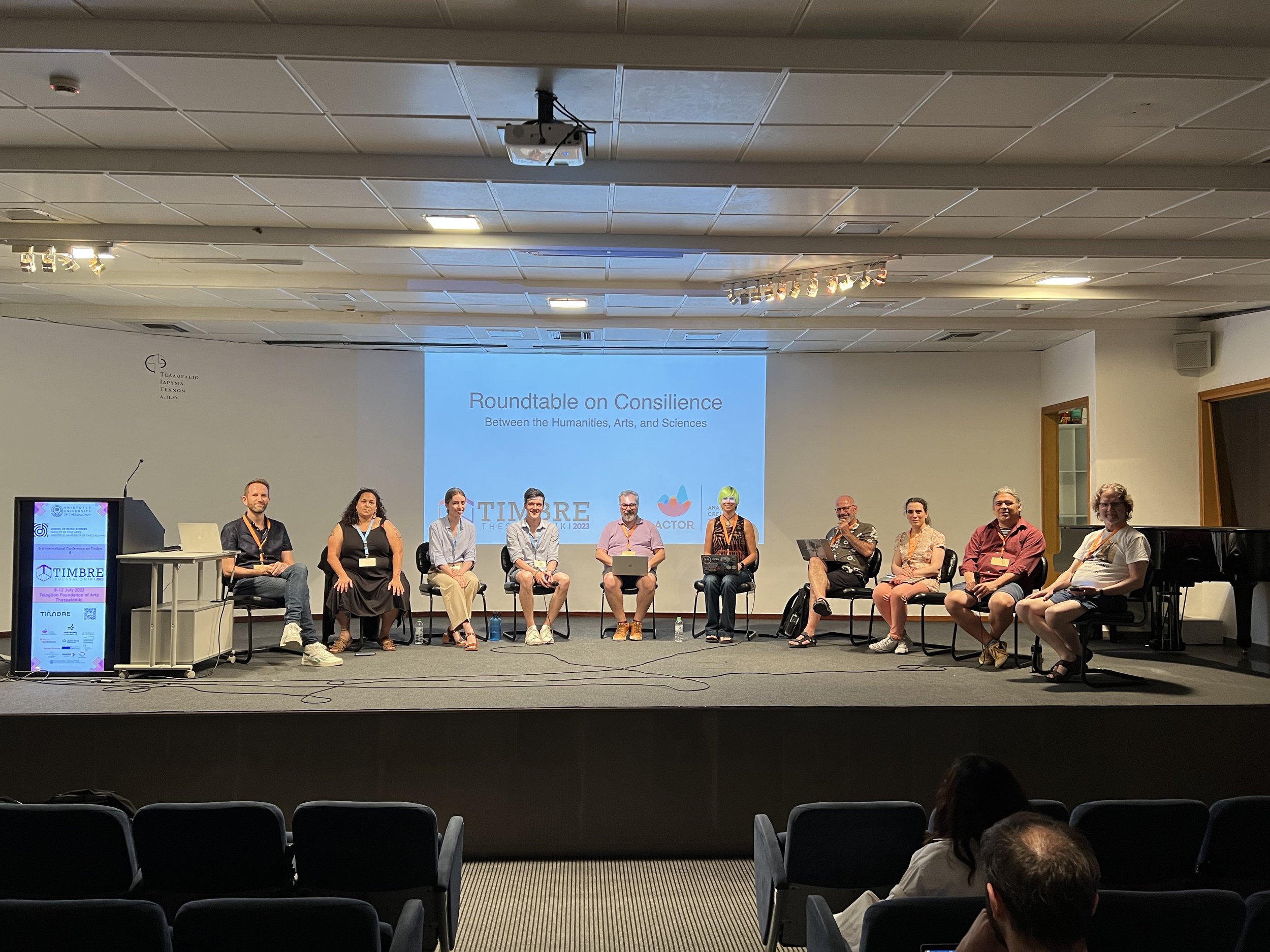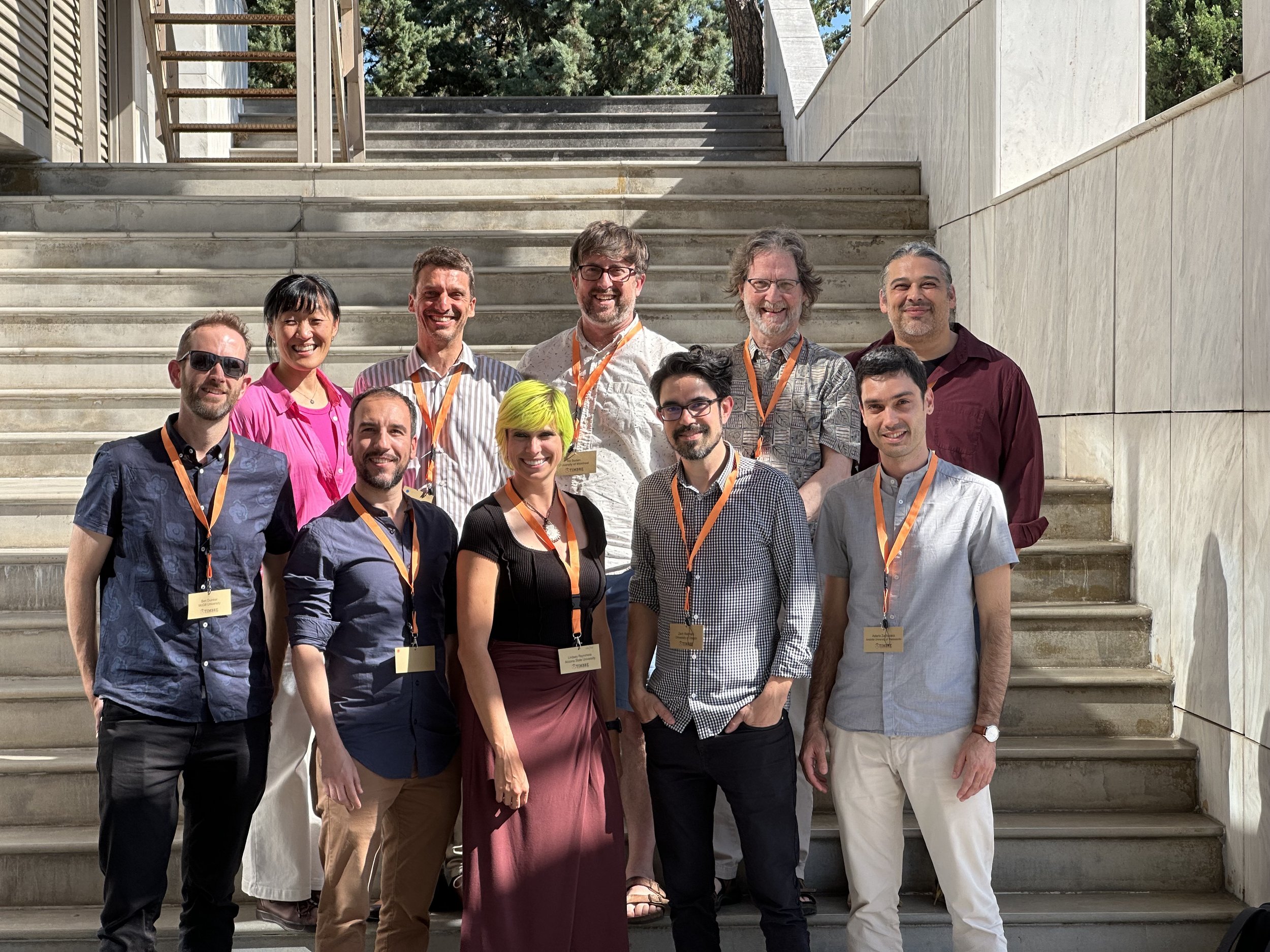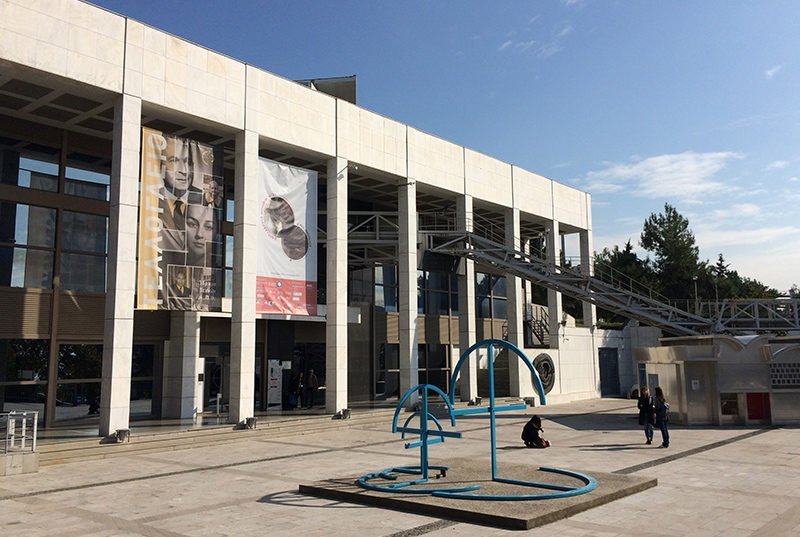
About
The Analysis, Creation, and Teaching of Orchestration (ACTOR) Project is proud to host an annual Timbre and Orchestration Summer School (TOSS). This event brings together researchers, students, and professionals to explore the multifaceted world of timbre and orchestration.
Building on the success of our previous events in Thessaloniki, Greece (2023) and Vancouver, Canada (2024), each TOSS offers a unique opportunity to engage with cutting-edge research and interdisciplinary perspectives. TOSS covers a wide range of topics related to timbre and orchestration, including:
Musicology
Music theory
Composition
Music Perception
Acoustics
And more!
What to Expect:
Insightful lectures from leading experts
Interactive tutorials and workshops
Small group discussions and collaborations
Research roundtables
Poster sessions for sharing your work
Each TOSS typically spans several days, combining intensive learning with networking opportunities. The final day often coincides with a conference or a workshop(for example, the Timbre 2023 conference and the 2024 ACTOR Project Y6 Annual Workshop), providing attendees with additional exposure to ongoing research in the field.
Join us for this enriching experience and contribute to the evolving understanding of timbre and orchestration in music research and practice.











